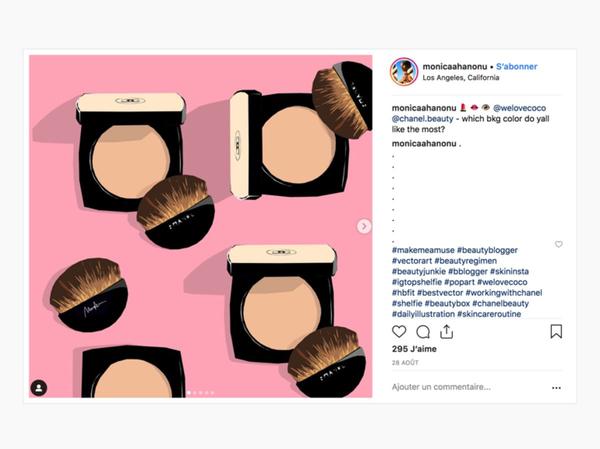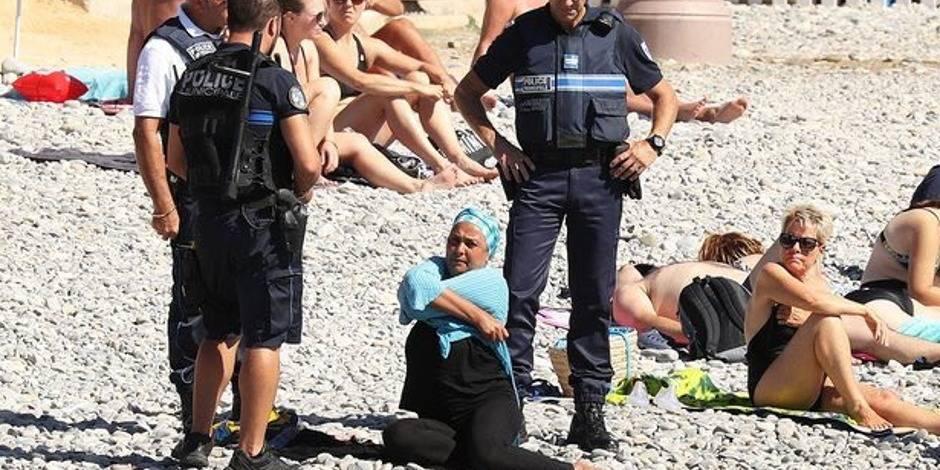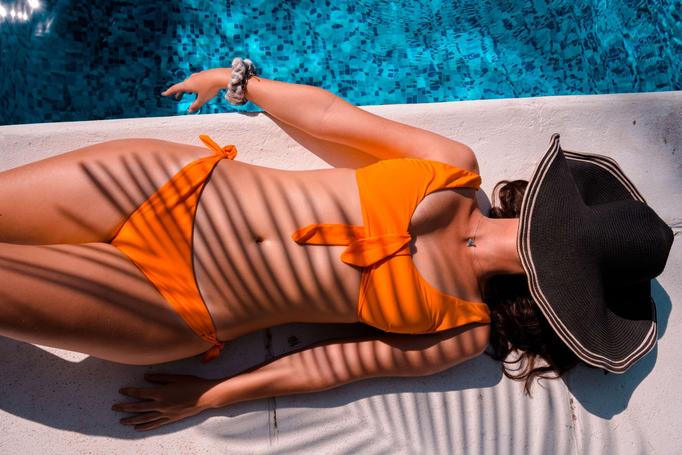Becoming Influencers: When Instagram Users Post Fake Sponsored Content
Once a small photo-sharing app, Instagram is now one of the most popular social networks. The big brands, the media, fashion designers, artists, athletes, starlets, models, bloggers... all those who "weigh" a little bit must have their account and share with the great audience of stylized photos (and videos), gladly highlighting them. For major fashion, luxury and ready-to-wear brands, Instagram is a means of communicating with users, who are under 34 for 90% of them (all “millennials”), in particular thanks to to "sponsored" content shared by "influencers" - stars and starlets who are followed by thousands or even millions of people, and who like to put themselves on stage to make the buzz. For this, these virtual "people" show themselves connecting, traveling, partying. Others, ready to do anything to gain subscribers but also money, do not hesitate to flirt with transgressions and illegality, going so far as to rip off their fans with promos of counterfeit products.
Because if influencers want so much to become or remain the “people to follow”, it is because behind, brands are there to “sponsor” them. They pay generously (from ten to a hundred thousand euros for the most influential) very popular users, so that they display their beauty products and their clothes, by example. Influencers, who professionalize themselves while remaining amateurs, then become "instagramers", whose daily life boils down to taking pictures of themselves with the best possible pose, trying to look the happiest and the "coolest". " possible, all very often in a joyful sponsored idleness. A "status" bringing (falsely?) a kind of social recognition, but also, of course, money and trips to the eye. In short, a life of "dream", which would seem almost as envied as could be so far that of the actors and actresses of Hollywood...
The bluffing strategy

But don't become a (paid) influencer who wants - to win contracts, you have to prove to brands your ability to attract traffic, communicate and federate a community. So to "break through" and attract advertisers, some average users push the staging very far, to the point of publishing fake sponsored content. According to a survey by The Atlantic, this is a real underlying trend, with more and more users staging photos suggesting that they are paid to promote a product. It's all there: the latest smartphone of the moment, the fashionable shoes or dress, barely unboxed or worn, with a prominent logo, and a hashtag or a link redirecting to the brand's official account... But everything is fake.
By pretending to be successful, aspiring influencers hope to meet him. By making fake promos, they hope they will become real. Among the examples listed by The Atlantic, an aspiring influencer, Taylor Evans, went so far as to pretend to go to Miami on an all-expenses-paid brand trip, when she was simply vacationing on his own money. "I took a lot of photos in restaurants and I posted 'Thank you very much to XYZ restaurant for their hospitality'. You say it in a way that could lead people to believe that you have a special relationship with such and such a person. brand,” she explains.
Towards an uberization of influencers?
In the past, sponsored ads were discreet, and influencers tried to hide them as best they could so as not to lose fans. Today, these same fans have apparently accepted the rules of the game, and sponsored content has multiplied, in a very visible way. As The Atlantic points out, "A decade ago, showing branded products to fans meant taking the risk of appearing sold out. Now it's a sign of success." Sponsored posts are very numerous today, so it is very easy for ordinary users to imitate them. "You see the same things over and over again, so it becomes really easy to imitate, even if you're not getting paid," says Sydney Pugh, a California lifestyle influencer who posts fake sponsored posts in an attempt to publish real ones one day.
But does this bluff pay off? On the side of "real" influencers, we are worried about this race for likes and notoriety, which could "pull down" the quality of posts, and kill the goose that lays the golden egg. Because for brands, this free advertising is obviously a godsend. Even if some see this as an obstacle to their marketing strategies (they find it increasingly difficult to sort out the real influencers from those who pretend to be), some have already reduced their prices or are reluctant to pay influencers for work that others do for free. Yep, even Instagram influencers seem about to get uberized.








